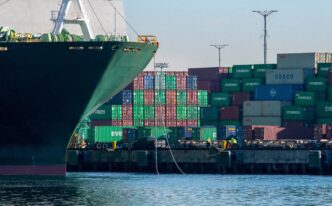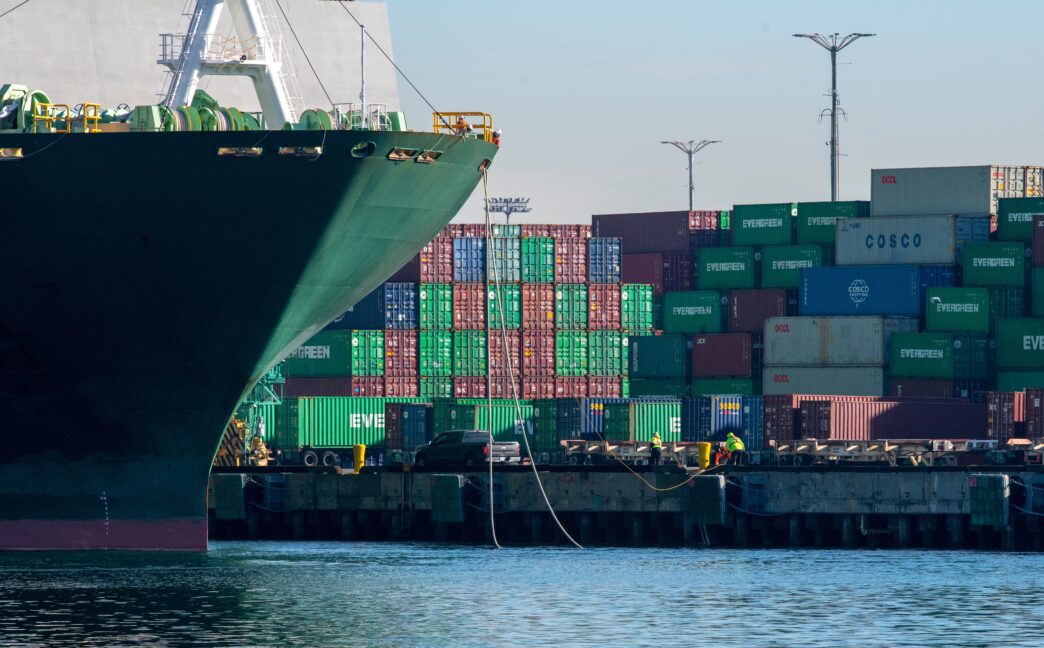Executive Summary
The Story So Far
Why This Matters
Who Thinks What?
President Donald Trump’s long-cultivated image as the economic champion of working Americans is reportedly deteriorating, according to an analysis by Stephen Collinson published on November 14, 2025. This shift comes as public concern over economic insecurity rises, while Trump is perceived as increasingly focused on personal legacy projects, such as a White House ballroom, and disconnects from the affordability challenges faced by many voters.
Erosion of Economic Brand
Collinson’s analysis suggests that Trump’s political appeal regarding the economy is “dissolving.” Despite campaigning on promises to make America affordable, President Trump is seen as detached from the current wave of economic insecurity affecting the nation, particularly among the blue-collar voters who helped reshape the Republican Party.
Recent polling indicates widespread pessimism among Americans regarding the economy’s current state and future prospects. However, Trump has publicly maintained a positive outlook, stating, “The economy is my thing. And we have the greatest economy in history,” and appearing dismissive of questions about high costs for food and housing.
Trump’s Economic Policies and Their Impact
Historically, Trump built his economic brand through a blend of shrewd political messaging, tapping into resentment in industrial heartlands, and projecting an image as a dealmaker. His first inaugural address in 2017 emphasized restoring American manufacturing and wealth that he claimed had been “redistributed across the entire world.”
The White House has highlighted several of Trump’s economic initiatives. These include massive tax cuts, intended to boost most Americans’ incomes, and a program to reduce regulations and government spending. Additionally, a new portal called TrumpRx is slated to launch next year to lower drug prices, following a recent agreement with pharmaceutical companies to reduce the cost of obesity drugs.
A central tenet of Trump’s economic policy has been the imposition of tariffs on goods from numerous countries, aimed at reviving the 20th-century factory economy. White House Press Secretary Karoline Leavitt stated in March that these policies are designed to restore America as a “manufacturing superpower.” The administration also claims that tariffs have generated trillions of dollars and points to a strong stock market.
Affordability Crisis and Tariffs
However, evidence is mounting that some of Trump’s policies, particularly his tariffs, may be exacerbating the affordability crisis. Collinson’s analysis highlights that these tariffs can raise the price of goods for American consumers. Farmers have also required bailouts due to the impact of trade wars.
The administration recently acknowledged these concerns by pledging swift tariff relief on staples like coffee and fruit. President Trump stated on Fox News that the government would “lower some tariffs” on coffee, describing the action as “surgical.”
This move follows a period where Trump imposed a 50% tariff on Brazil, a major coffee producer, due to its prosecution of former President Jair Bolsonaro. This decision is cited as an example where the President’s foreign policy considerations directly contributed to increased costs for American consumers.
Political Repercussions
President Trump has also been accused of denying current economic realities. He suggested that polls indicating economic anxiety were “fake” and claimed on “60 Minutes” that “We have no inflation” and “Our groceries are down.” While the inflation rate has decreased to 3.0% from its peak during the Biden administration, prices are still rising, albeit at a slower pace, which impacts household budgets.
This perceived disconnect between Trump’s optimistic economic assessments and the public’s experience has become a political vulnerability. His approval ratings are reportedly declining, and the issue of “affordability” has gained prominence in political discourse, particularly after recent Democratic gubernatorial victories in Virginia and New Jersey.
Advisers to President Trump are reportedly considering strategies to re-engage him with economic issues, including a potential tour for economy-focused speeches. However, past attempts to pivot to a scripted economic message have sometimes veered into impromptu campaign rallies, highlighting the challenge of controlling his public persona. Some Republicans, such as Georgia Representative Marjorie Taylor Greene, have urged a renewed focus on “America First” economic policies.
Outlook
The article suggests that any prolonged economic downturn in the coming months could significantly impact Republican prospects in the 2026 midterm elections. The success of Democratic candidates in recent state elections, by focusing on blue-collar economic themes and tempering progressive cultural rhetoric, offers a potential blueprint for future political contests.








